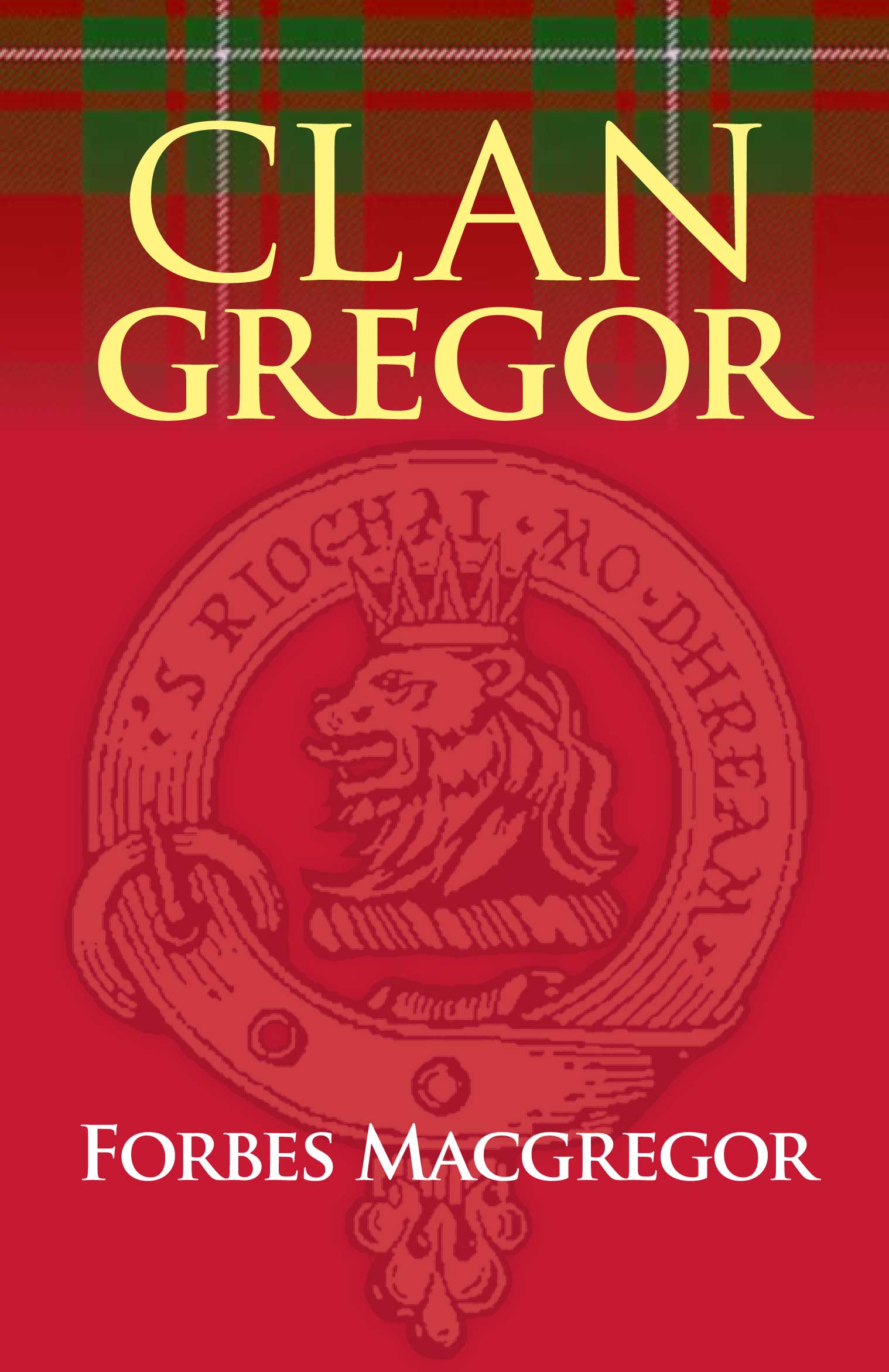
 | Clan Gregor Forbes Macgregor |
| sample extract... | |
To show the reputation that the Clan Gregor had fully earned by Queen Mary's time, we must go back to the effect on them of the Act of 1488, aimed at destroying many of them, but failing in its purpose and, instead, rousing them to greater acts of violence. As we know, on John of Glen Orchy's death Colin Campbell soon took the title of that territory. But this transaction was far from acceptable to Duncan MacGregor (Laudosach) of Ardchoille, as he soon showed by openly claiming that, as a successor to John, and tutor or guardian of Gregor MacGregor, a descendant (who had apparently been disregarded in the take-over), he was titular chief of Glen Orchy and would take it back by the sword. He defied as invalid the Royal Proclamation (against the Clan Gregor and in favour of the feudal land grabbers). Without doubt it had been engineered by Campbell, Stewart and others. James III was assassinated in 1488, after fleeing from the battle of Sauchieburn, in the civil war instigated by the nobles who pretended to be acting for James IV, a minor. There was no effective ruler; a "Royal Proclamation" was a farce. Duncan Laudosach laughed at it, and his mocking, mayhem and murder, as well as accompanying "spreaghs" and "tuilzies", may be read in every detail, grim, gay, and gory, to this very day in the "Black Book of Taymouth" in a long narrative poem in Scots, "The Testament of Duncan Laideus". It was written from a narrative by a MacGregor, a curate of Fortingal, which is in the district of Appin, close to the abthanerie of Dull, and the piping-school of Drumcharaig maintained then by the MacGregors. Duncan was a contemporary of the recorder, so it is a first-hand account by a daring outlaw, and therefore not a story very common in literature, where such picaresque narratives are usually fictitious. We have space only for an outline of the wild, devil-may-care deeds of Duncan and his successors of the early 16th century, but they are typical of the MacGregor spirit throughout the whole of their troubled history, where discretion and reverence were outweighed by foolhardiness and scoffing, which naturally did not improve the public image of these outlaws. Rob Roy carried the same wild spirit well into modern times. |
|